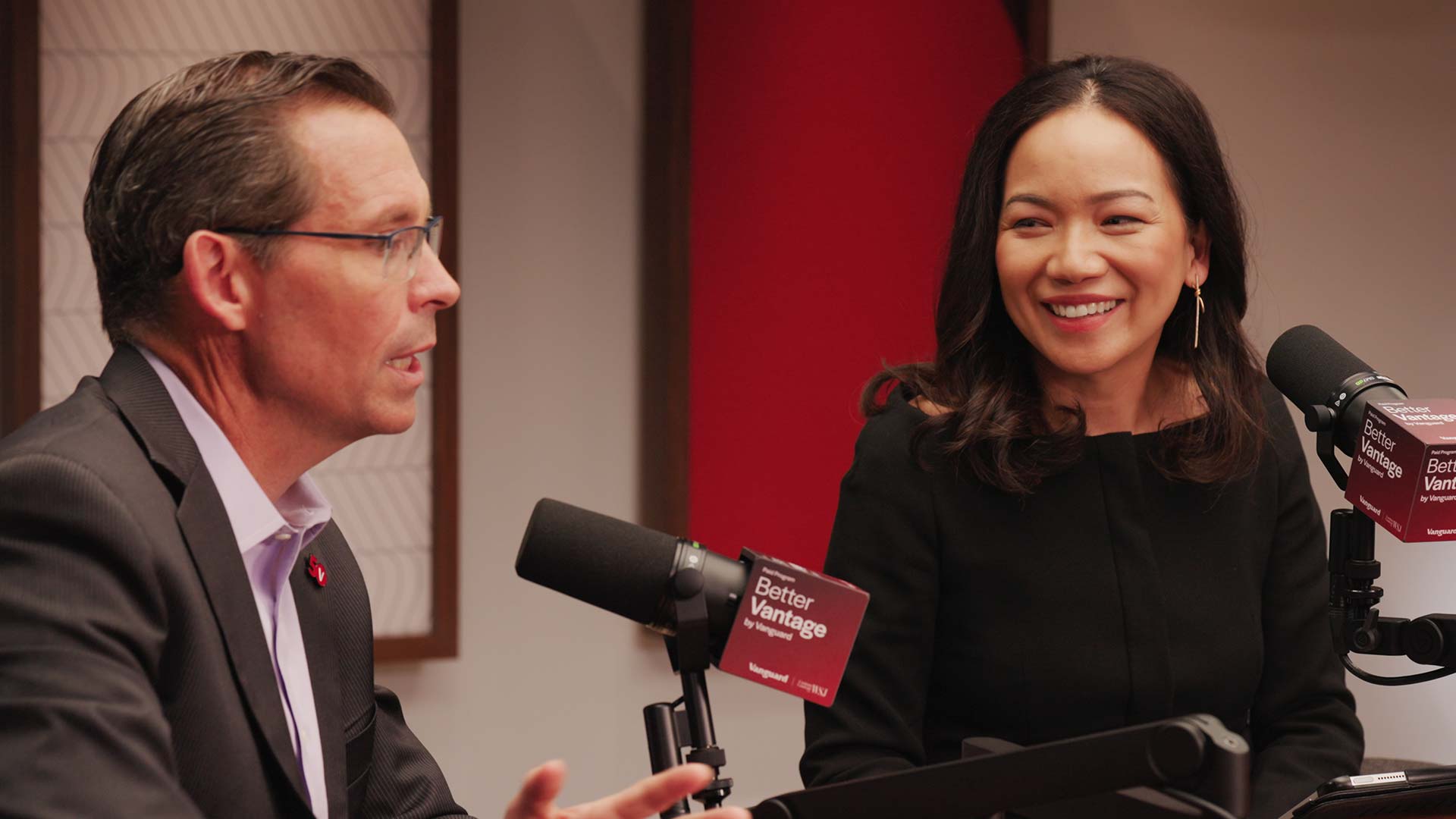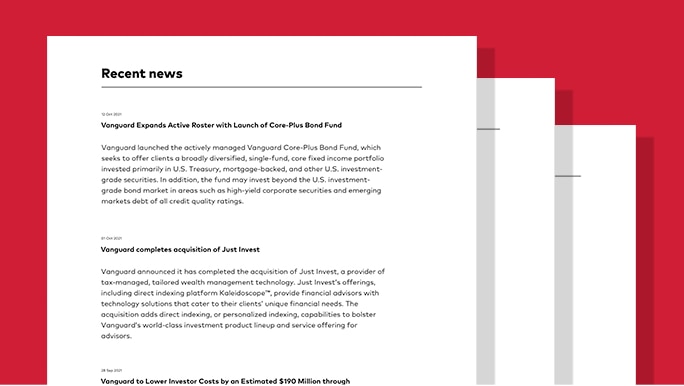
The Vanguard investment story: A long-term focus. Discipline. Strong results.
Perspectives and news

Expert insight
Andy Reed: How inertia shapes financial decisions
Vanguard’s Andy Reed joins Morningstar to explain how inertia and bias drive financial decisions more than we think.
Our full library of perspectives
Elevated yields, not prices, likely to drive bond returns
In a short video, our global head of fixed income says we’re in a new era for fixed income.
Munis can diversify and add resilience to a portfolio
Vanguard’s Paul Malloy outlines how municipal bonds offer tax-efficient income and local stability for portfolios.
Vanguard delivers landmark cost savings
Vanguard expects to deliver almost $600M in investor savings across 2025 and 2026—our largest savings to date.
Subscribe to Vanguard
Get Vanguard news, insights, and timely analysis on the market, delivered straight to your inbox.

Markets and economics

How to invest your next dollar
Explore how AI investment, earnings trends, and valuation shifts are reshaping global markets and portfolio decisions.
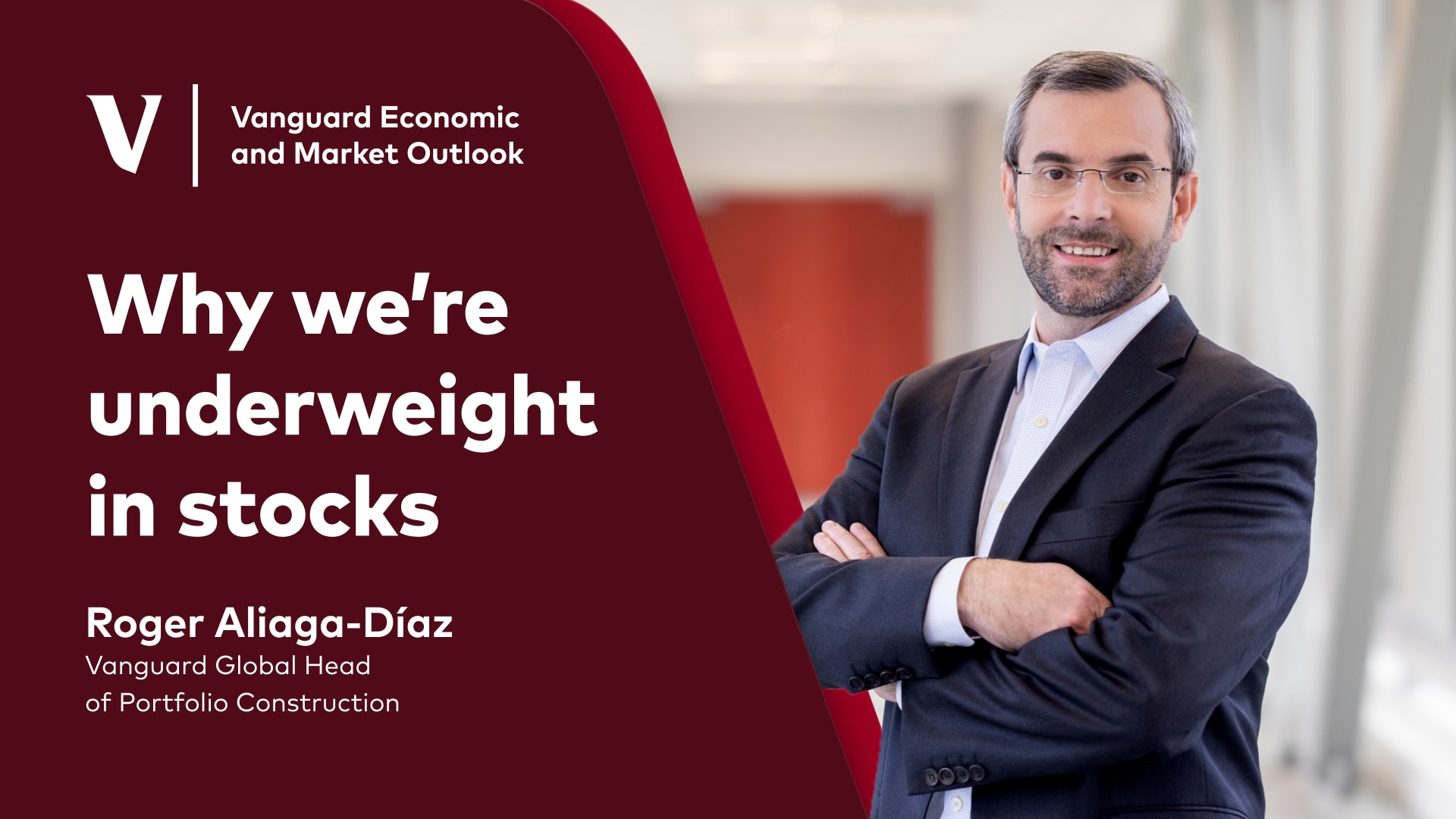
Why we're underweight in stocks
Investors may not be adequately rewarded for equity risk. Learn more about our model portfolio in this short video.
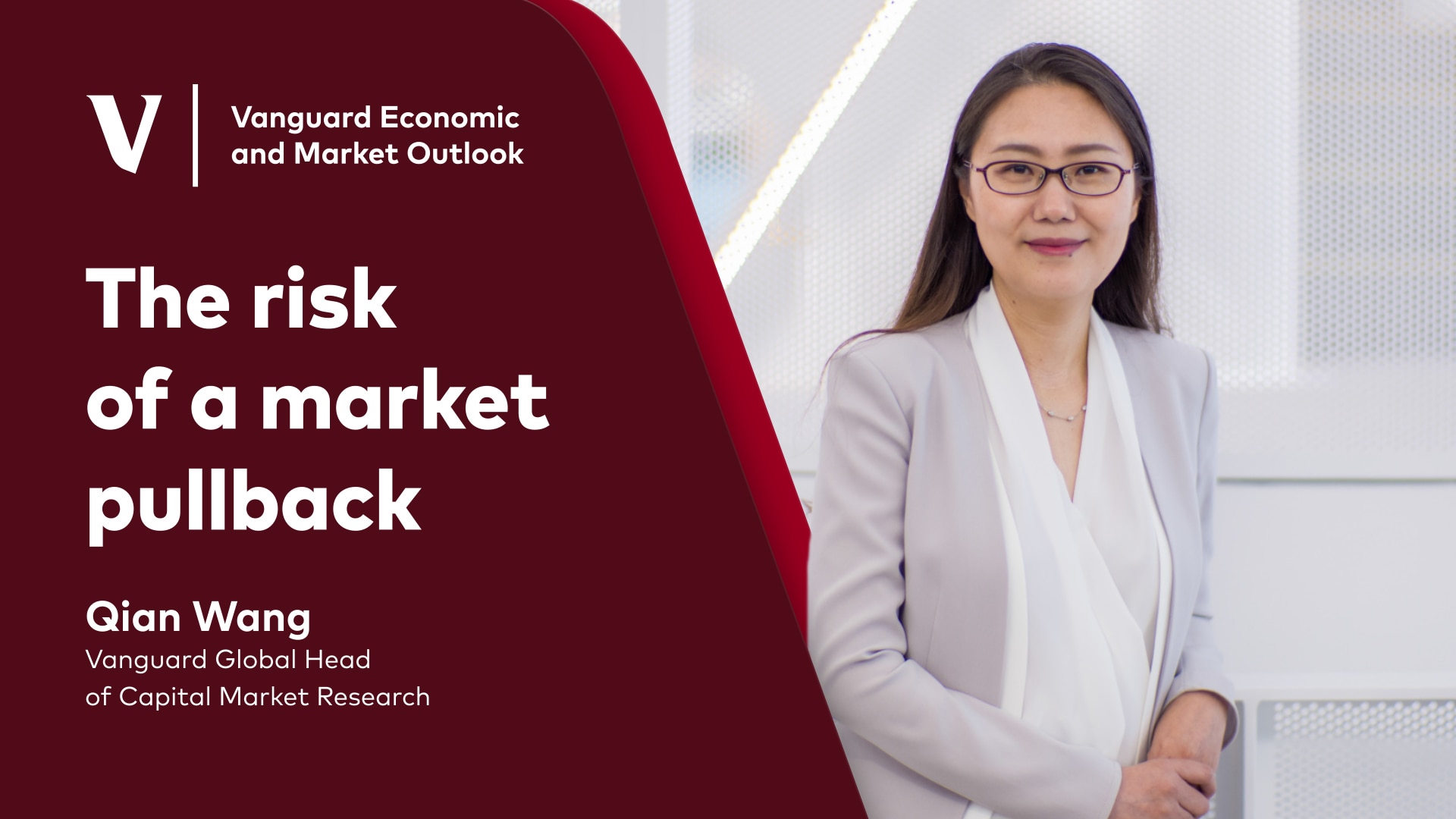
High stock valuations and a case for bonds
In this short video, see why valuations matter and which assets look attractive in their long-term outlooks.
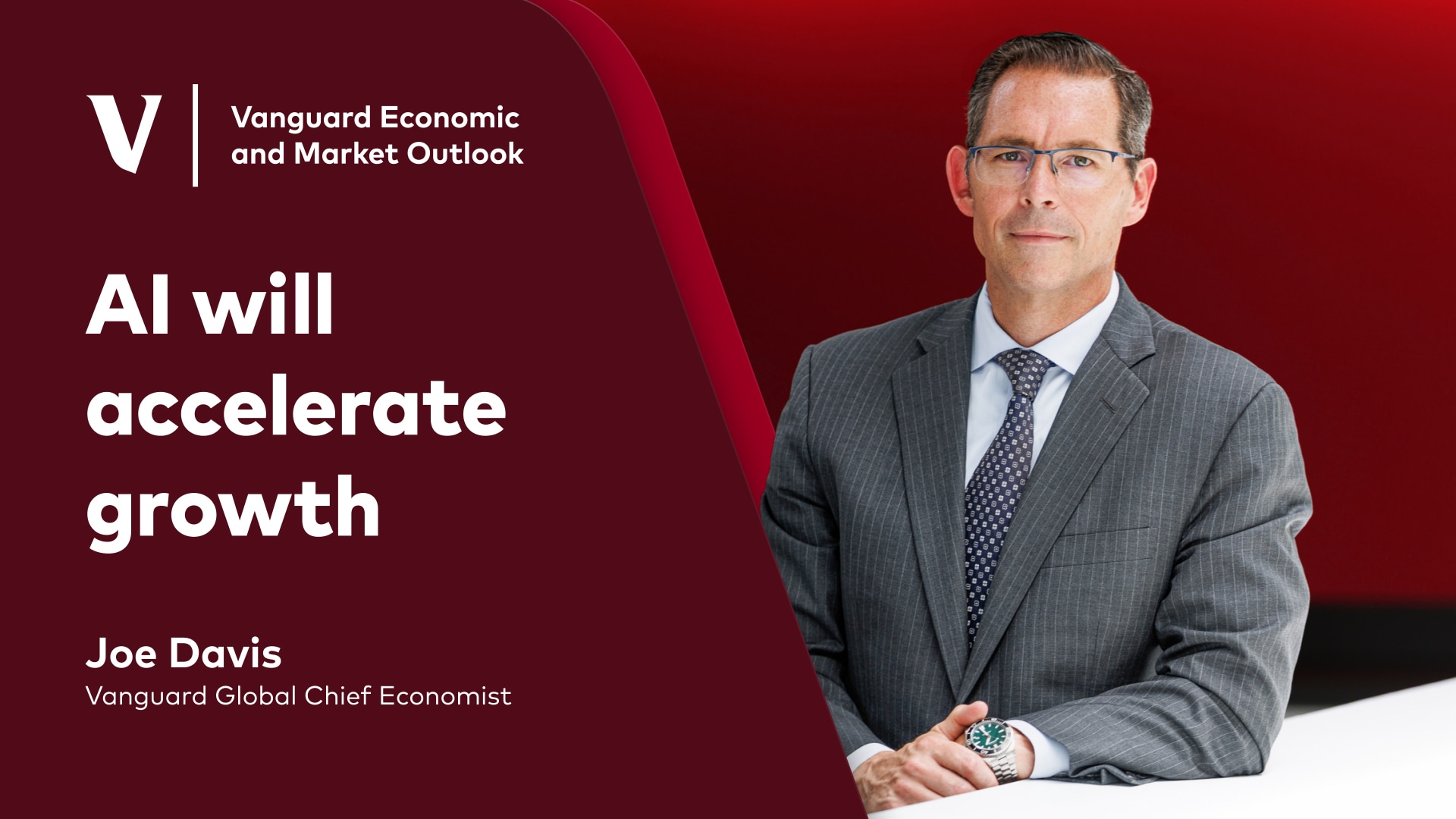
AI's economic growth effects
AI investment may boost growth and shift market leadership. See what it means for portfolios in this short video.





